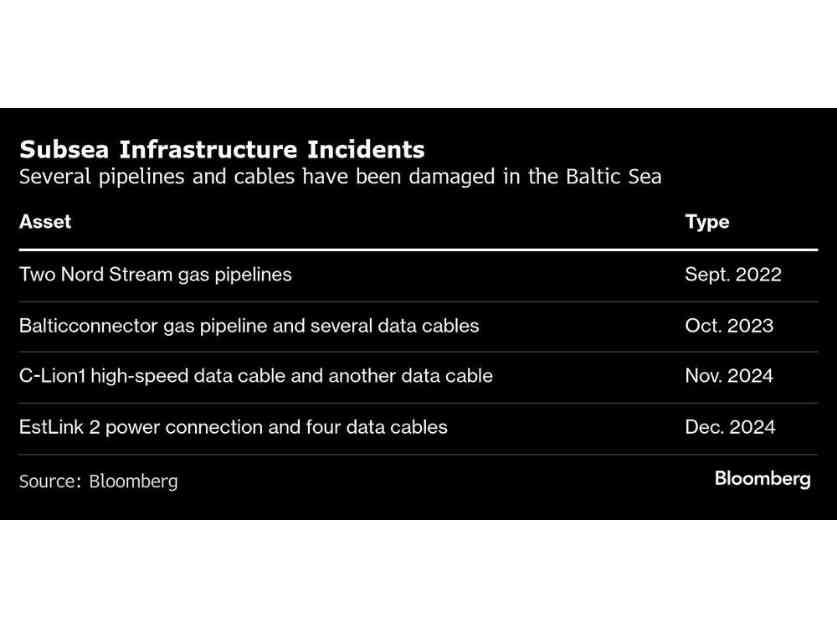Rostelecom Reports Baltic Sea Cable Damage: Tass News
A recent incident in the Baltic Sea involving a damaged underwater cable has sparked concerns and raised questions about the security of subsea energy and data infrastructure in the region. The telecommunications provider PJSC Rostelecom reported that a Russian underwater cable in the Baltic Sea was damaged by an unspecified external impact. This incident has prompted restoration work, but fortunately, there have been no reported impacts on subscribers thus far.
The Damage and Restoration Efforts
According to reports, the damage to the Russian underwater cable was caused by an unspecified external impact. Restoration work is currently underway to address the issue and repair the cable. While the exact cause of the damage remains unclear, the incident has highlighted the importance of maintaining the integrity of underwater cables that are crucial for telecommunications and data transmission.
Frequent Instances of Cable Damage
Instances of cable damage in the Baltic Sea have become increasingly common, with countries like Sweden, Norway, and Finland reporting similar incidents in recent months. The frequency of these incidents has raised concerns about the security of the subsea energy and data infrastructure in the region. While there is no concrete evidence of sabotage at this time, officials are considering the possibility of malicious activity.
Security Concerns and Surveillance
The NATO alliance has ramped up surveillance operations in response to suspected sabotage of undersea cables between Finland and Estonia. The strategic location of the Baltic Sea, with thousands of vessels passing through daily, has made it a critical area of concern for security and surveillance. In light of Russia’s invasion of Ukraine and subsequent international energy sanctions, there is a heightened awareness of potential security breaches and environmental risks in the region.
Investigations and Accountability
In response to the most recent incident in December, where a vessel allegedly damaged multiple cables, Finland has launched an investigation into the matter. The vessel in question, identified as a member of the shadow fleet, reportedly disrupted data cables and a power link from the seabed. This incident underscores the importance of accountability and ensuring that proper measures are in place to prevent such disruptions in the future.
As authorities continue to investigate the incident and assess the damage, it is crucial to prioritize the security and integrity of underwater cables in the Baltic Sea. The interconnected nature of global telecommunications and data networks underscores the significance of safeguarding these critical infrastructure components. By addressing the root causes of cable damage and implementing robust security measures, stakeholders can work together to mitigate risks and ensure the reliability of underwater communications systems.
In conclusion, the recent incident involving the damaged underwater cable in the Baltic Sea serves as a reminder of the vulnerabilities that exist in our interconnected world. By addressing these challenges proactively and collaboratively, we can strengthen the resilience of our critical infrastructure and safeguard against potential threats to our communication networks.






















